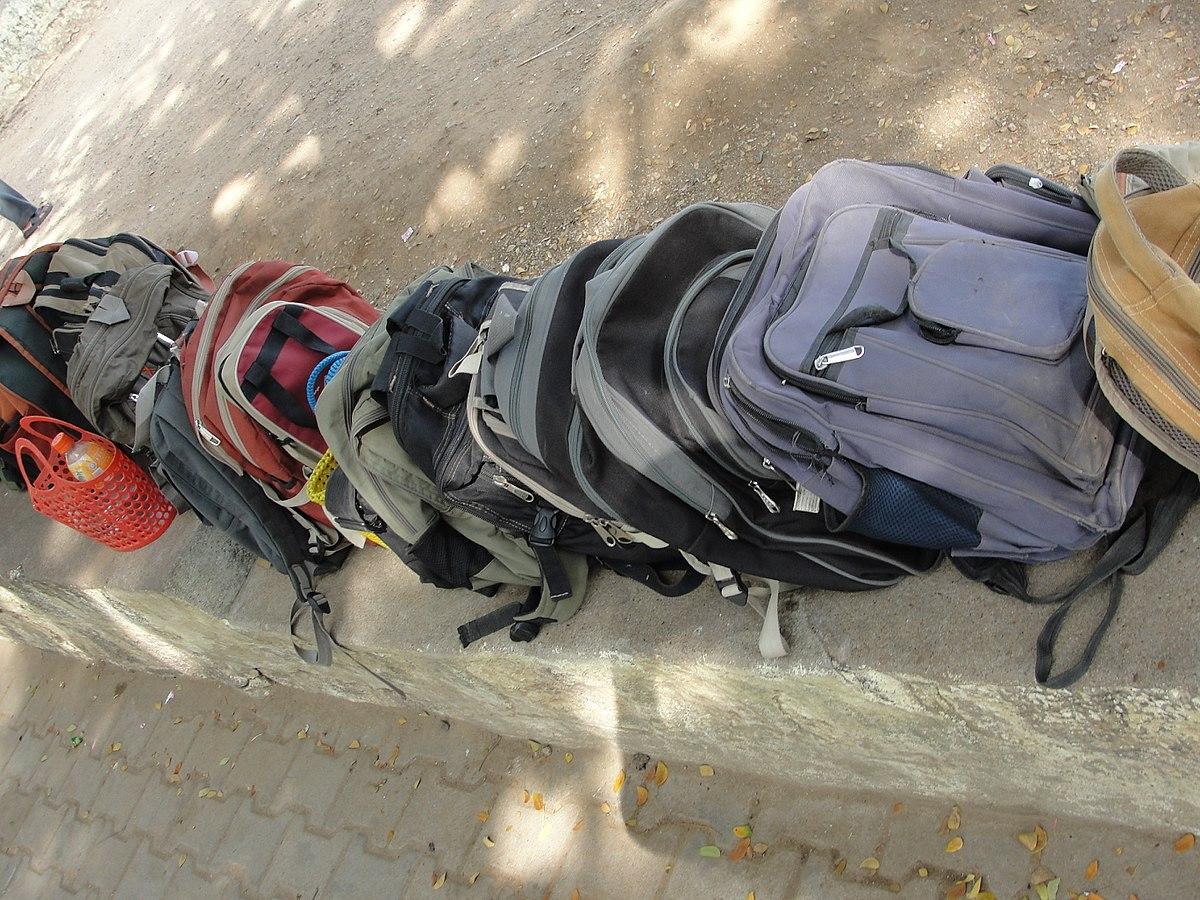Africa-Press – Mozambique. Mozambican authorities warned this Thursday that drug traffickers are using school uniforms to gain access to schools during recess and sell drugs in some educational institutions in Sofala province, central Mozambique.
“The way the school uniform production business is run makes it easy for anyone to achieve their goals,” António Semente, provincial director of the Anti-Drugs Program in Sofala, told the media.
According to Semente, many drug traffickers enter schools during recess, “which lasts between 15 and 20 minutes, depending on the school’s regulations”, selling drugs to students.
Semente believes that one of the solutions to the problem is selling uniforms at schools themselves, a measure aimed at “hindering access” to schools.
Currently, several Mozambican schools, particularly secondary schools, are experiencing the impact of alcohol and drug use among youth, with images circulating on social media of adolescents and young adults using drugs within educational institutions.
Mozambican health units treated a total of 23,409 patients for drug use in 2024, the Central Office for the Prevention and Control of Drugs (GCPCD) reported in May.
According to the agency, the Mozambican capital recorded the most hospitalizations (11,355), followed by the province of Manica (6,451) and Sofala (606). Alcohol and cannabis sativa were the most commonly used substances.
In 2023, young people were the ones who most sought mental health services, due to the increase in the use of various types of drugs, with a 30% increase in outpatient mental health consultations, according to government data.
The Mozambican government assured on Tuesday that it will halt the production of high-alcohol beverages, which have been proven to be “harmful to society,” especially for young people, including in schools, promising to punish offenders.
“What must be done is to close these factories that produce this harmful product. This doesn’t mean shutting down a beverage factory, but it is the production of a specific product line that is consumed and has been proving harmful to society, particularly for young people,” said Inocêncio Impissa, spokesperson for the Council of Ministers, responding to questions from journalists after a meeting of that body in Maputo.
The measure, he added, aims to end the consumption of these products by young people. For now, the government is considering removing them, especially from commercial establishments near schools, to “prevent direct contact between young people, children, and adolescents, with these beverages and other harmful substances”.
For More News And Analysis About Mozambique Follow Africa-Press






